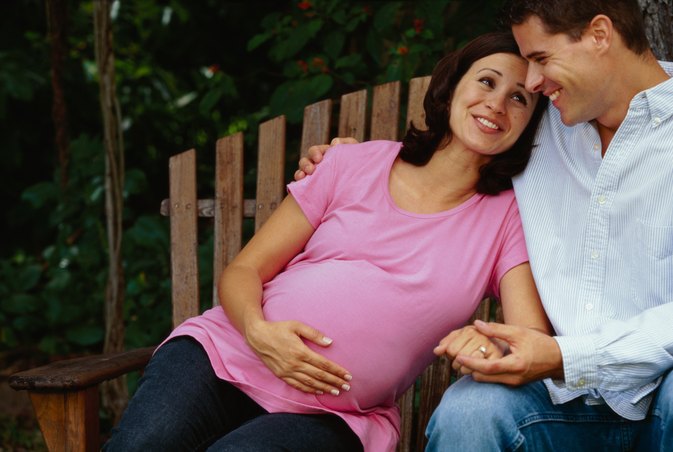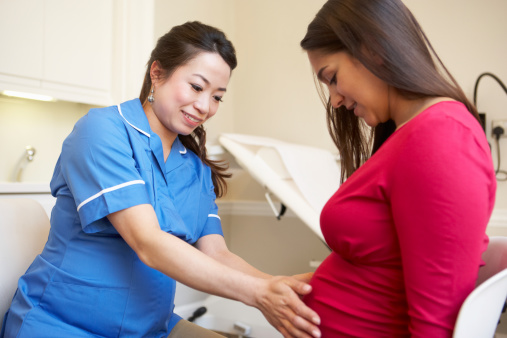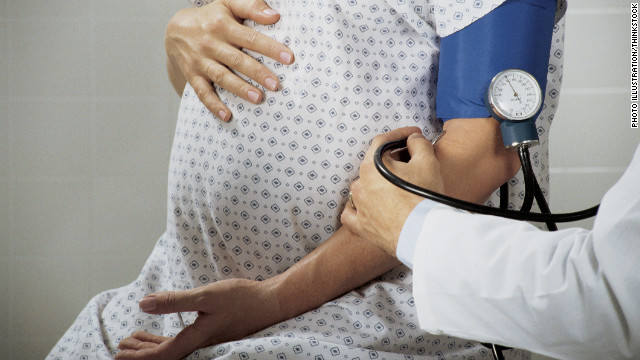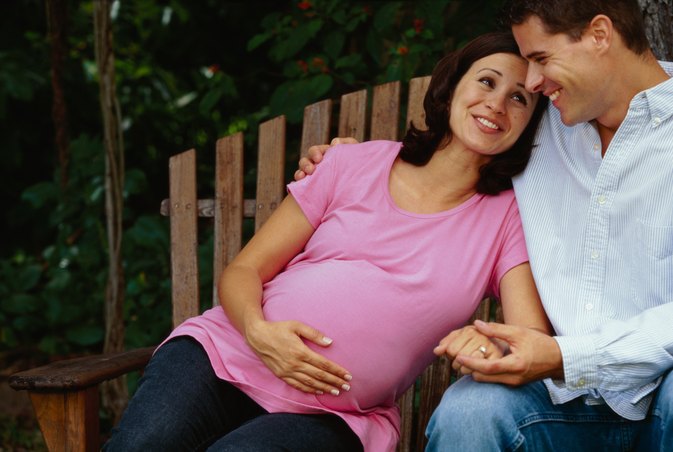
Pregnancy safety during COVID-19 pandemic remains a priority for parents. Whether you are already pregnant or contemplating pregnancy, there is concern about your pregnancies as well as the health of your new babies.
Studies have shown that pregnant women are at higher risk of contracting many infections. This is because pregnancy suppresses the immune system. While some illnesses can affect the health of the expectant mother and the fetus, the risks of COVID-19 remain uncertain for now.

On pregnancy safety during COVID-19 pandemic, the study is still ongoing on the likelihood of in-utero transmission of COVID-19. However, findings from a little study from China, about 30 pregnant women with COVID-19, show that the outcomes were relatively mild. Though, medical experts fear that women may be at higher risk for COVID-19, in view of the link between pregnancy and other respiratory illnesses.
For instance, with the seasonal flu, pregnant women are more likely to get it than the general population. They are also at higher risk for more severe outcomes if they do get it. The same with the H1N1 epidemic and the SARS epidemic, pregnant women were at higher risk for severe disease and death. All in all, it is too early to say if pregnant women are safe with COVID-19. The following 5 questions and answers give further insight into pregnancy safety during COVID-19 pandemic.
Why are pregnant women at higher risk for respiratory infection?

Pregnant women are in a more immunosuppressed state. Decreased immune defenses are a normal physiologic response so that the mother’s body does not reject the pregnancy itself.
The physical changes during pregnancy also compress the diaphragm and reduce lung volumes overall. Therefore when the respiratory system is under stress, there is less backup to compensate for the increased work to breathe.
Can COVID-19 be transmitted in utero, during birth, or through breastfeeding?

Although some viruses can be transmitted from mother to fetus in utero, in general, respiratory viruses are not.
A study from China summarised that out of 33 infants born to mothers with COVID-19, three tested positive days after birth, possibly through in-utero transmission. Other studies have suggested the possibility of in-utero transmission based on higher levels of certain antibodies. Although, the newborns tested negative for the virus. The final conclusion is there is not enough evidence to confirm whether or not COVID-19 can be transmitted in utero. The possibility exists nevertheless. As regards the mother transmitting COVID-19 through breast milk, this is not yet established.
What safety precautions can you take if pregnant?

- Any pregnant patient with symptoms such as fever, cough, malaise, or contact with a confirmed case should be tested for COVID-19.
- Special isolation rooms should be prepared for patients who deliver when positive for COVID-19. Women in delivery are allowed one support person in the room.
- If a woman is sick with COVID-19 while delivering her baby or develops symptoms after delivery, maternal-infant separation for a period of time may be recommended. Doctors will discuss with her the appropriate options for separation and breastfeeding.
- When appropriate, prenatal visits can be done through telehealth to minimize unnecessary exposure.
What can pregnant women and parents of newborns do to stay safe?

Pregnant women should be considered a high-risk group for COVID-19 based on knowledge of other respiratory illnesses.
Based on this fact pregnant women should:
- Continue with social distancing and hygiene precautions.
- Talk to their doctor even if they have very mild symptoms. Especially fevers should be controlled as quickly as possible. Extended fevers in the first trimester will likely harm fetal development and lead to birth defects or miscarriage.
- Schedule newborn health care visits through telehealth.
- Contact the pediatrician’s office in advance to discuss ways to keep your baby safe during immunization visits. For example, scheduling the first visit of the day. Or enter the facility through an alternate door. Or skip the waiting room to decrease exposure.
Are you contemplating getting pregnant during the COVID-19 pandemic?

Social media is full of jokes about the baby boom once this coronavirus subsides. But experts advise holding on for those contemplating getting pregnant during the pandemic.
These are the reasons:
- While the pandemic brought the ‘stay home’ policy, it also comes with stress and depression which do not encourage intimacy. Experts agree stress over a pandemic could make it particularly difficult to conceive. For instance, sexual prowess is down and menstrual cycles may be off.
- Little is known about how Covid-19 affects pregnant women and pregnancy. The CDC confirms it does not know if the coronavirus affects pregnant women more severely than others. Similarly, the CDC says it does not know if the virus can cause problems during pregnancy or affect the health of the baby once it is born.
- Pregnant women’s access to health care resources is minimal encouraging home births by midwives.
- There is a risk of exposure. Every trip a pregnant woman takes to the hospital poses a potential risk of exposure to coronavirus. The newborn baby is also at risk of contracting COVID-19.
- Many hospitals have limited space for the number of people that can be in a delivery room with a woman giving birth. Some hospitals have banned them altogether.
- Social distancing could make the time during and after pregnancy difficult due to isolation.
- Finally, the decision to conceive during the pandemic is a personal one.
Summary

Much is still unknown about COVID-19 and pregnancy, But adhering to pregnancy safety during the COVID-19 pandemic will provide the safety nets needed. Researchers are hoping new ongoing studies will provide the clue to many unanswered questions. For instance, the studies should be able to provide the first data on infections that happen earlier in pregnancy. The only data so far are from infections in the third trimester. The objective of the studies is to get information to help people that are sick now, who may be sick in the next few months, and also for future epidemics.
https://www.ucsf.edu/news/2020/04/417091/what-we-know-and-dont-know-about-coronavirus-and-pregnancy
https://www.miamiherald.com/news/coronavirus/article241796246.html
Photo Credit: Creative Commons


